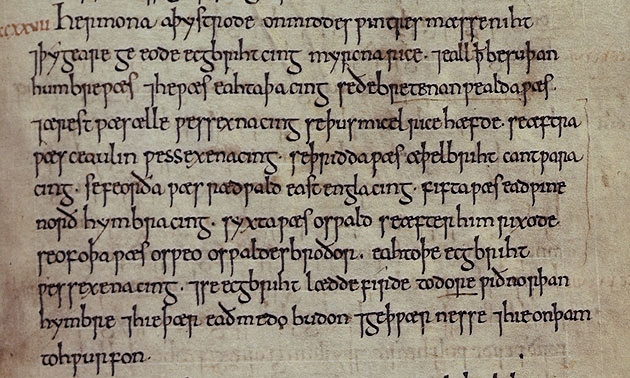ABOUT ME
WILLIAM McKENZIE WALKER, JR.
My biography

I was born and raised in Lynchburg, Virginia, attending and graduating from Virginia Episcopal School. I hold a Master of Arts degree in history from George Mason University and a Bachelor of Arts degree in political science from Lynchburg College. My professional career was spent primarily in the Washington DC area, working for several companies that performed contract work with the Federal government. My primary contract work was with the U.S. Department of Energy, but also included the U.S. Department of Defense, the Federal Emergency Management Agency, and elements of the intelligence community.
I am an inducted member of Phi Alpha Theta, the National History Honor Society, and a Life Member of the Jamestowne Society.
MY ARMORIAL BEARINGS
Commonly referred to as a “Coat of Arms"
Argent, on a chevron Azure a cross crosslet of the field, in chief two ships of three masts and in base a mullet of eight points all Gules. Above the Shield is placed a Helmet with a Mantling Azure doubled Argent, and on a Wreath Argent and Azure is set for Crest, an apple tree Proper, fructed Or, and in an Escrol below the Shield this Motto: “Simplicity is Freedom.”
Registration number 1874
The American College of Heraldry
Published in the Heraldic Register of America, Volume Eleven, Cottondale, Alabama, 2001. Page 28. (Library of Congress catalogue card number 85-72132)
If you would like to know more about heraldry in general, click on the depiction of my armorial bearings, or on my armorial registration.
THE BRETWALDA
What the heck does it mean?
Bretwalda (also brytenwalda and bretenanwealda, sometimes capitalized) is an Old English word. The first record comes from the late 9th-century Anglo-Saxon Chronicle. It is given to some of the rulers of Anglo-Saxon kingdoms from the 5th century onwards who had achieved overlordship of some or all of the other Anglo-Saxon kingdoms. It is unclear whether the word dates back to the 5th century and was used by the kings themselves or whether it is a later, 9th-century, invention. The literal meaning of the word is disputed and may translate to either 'wide-ruler' or 'Britain-ruler'.
For some time, this word has fascinated me. Given my family’s English and Scottish origins, I have long been an Anglophile. With its connection to Britain and its early history, I have often adopted the word for gaming profiles and the like. The fact that the title itself may be a complete fantasy, only makes the word more attractive to me.

The entry for 827 in the Anglo-Saxon Chronicle, which lists the eight Bretwaldas.


